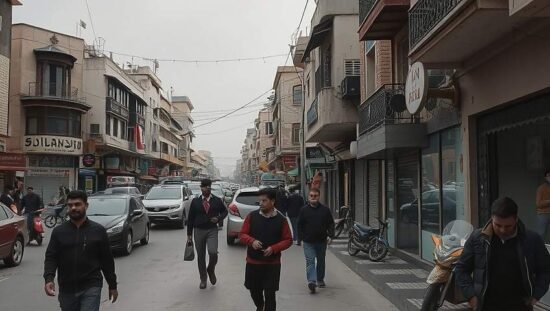The recent parliamentary elections in Syria have prompted a chorus of criticism from German politicians across the political spectrum, with calls for a more assertive European stance toward the Assad successor government. While acknowledging the elections as a preliminary step, lawmakers are raising serious concerns about the legitimacy and potential fragility of the new political landscape.
Armin Laschet, Chairman of the Foreign Affairs Committee, recounted a previous engagement with President al-Sharaa, emphasizing that European support hinges on the inclusion and protection of all ethnic, religious and societal groups – a condition he believes remains unmet. He cautioned against interpreting the vote as evidence of democratic stability, highlighting that certain segments of the population were excluded from participation. Reports of escalating violence against Christian, Alawite and Druze communities are described as “alarming.
The sentiment is echoed by Roderich Kiesewetter, CDU foreign policy spokesperson, who advocates tying development aid to “concrete and verifiable progress” suggesting the potential for temporary suspensions as a consequence of failing to meet benchmarks. Adis Ahmetovic, SPD’s foreign policy spokesperson, stressed the necessity of preventing a renewed centralization of power, insisting that reconstruction aid must benefit all communities equitably.
However, the government’s current approach is facing internal scrutiny. Max Lucks, a Green Party politician, accused the German government of “absolute planlessness” in its Syria policy. He argued that the continued strengthening of al-Sharaa and associated Islamist militias demonstrates a failure to demand critical reforms safeguarding minority rights.
The election process itself has drawn accusations of being a facade. A significant portion of the parliament – one-third – was directly appointed by President al-Sharaa, while the remaining seats were determined by roughly 6,000 electors, raising questions about the election’s democratic credentials. The allocation of just ten seats to religious and ethnic minorities, comprising a quarter of Syria’s population, further fuels these concerns. The ongoing reports of attacks against minority groups underscore the precarious situation and reinforce the need for a more robust and critical European response.





